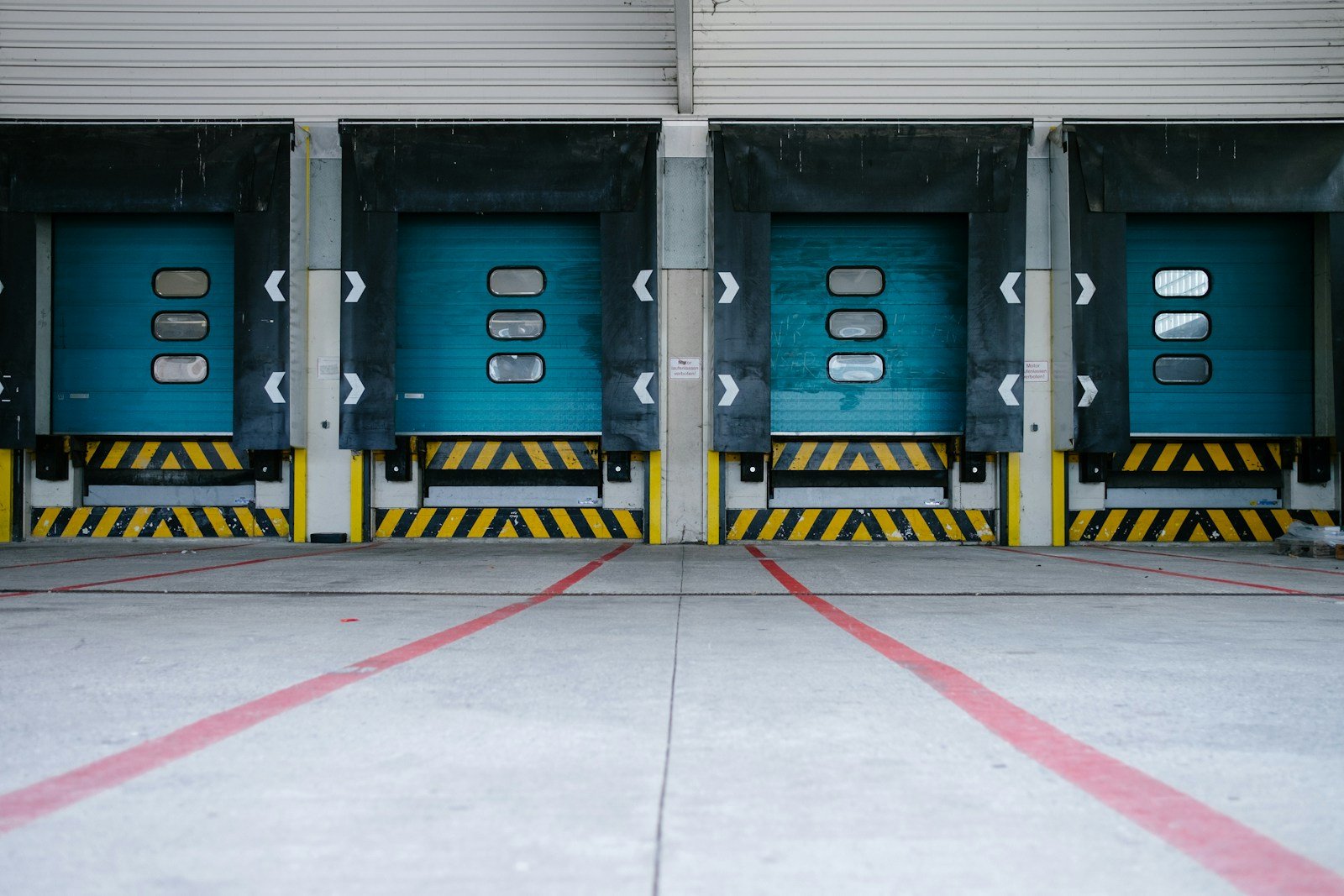The logistics industry is evolving at an unprecedented pace, driven by advancements in artificial intelligence (AI), automation, and digital transformation. The future of logistics is not just about moving goods from one point to another; it’s about doing so in the most efficient, cost-effective, and sustainable way possible. In this article, we will explore how AI and automation are reshaping supply chains, optimizing operations, and setting new standards for the logistics sector.
The Role of AI in Logistics
AI is at the core of logistics transformation, enabling predictive analytics, demand forecasting, and real-time tracking. Here are some key areas where AI is making an impact:
1. Predictive Analytics and Demand Forecasting
AI-powered algorithms analyze vast amounts of historical and real-time data to predict future demand with high accuracy. This helps logistics companies optimize inventory management, reduce stockouts, and minimize waste. AI-driven demand forecasting ensures that supply chains operate smoothly even during peak seasons or disruptions.
2. Route Optimization and Smart Deliveries
AI-driven logistics platforms use machine learning to determine the most efficient delivery routes. Factors such as traffic patterns, weather conditions, and delivery constraints are analyzed in real time, reducing fuel costs and improving delivery times.
3. AI-Powered Chatbots and Customer Support
AI-driven chatbots and virtual assistants are transforming customer service in logistics. These bots provide instant responses to customer queries, track shipments, and even predict delays, improving customer satisfaction while reducing the workload for human support teams.
4. Warehouse Automation and Robotics
Modern warehouses are increasingly using AI-powered robots for sorting, picking, and packing orders. Robotics enhances efficiency, reduces human errors, and speeds up order fulfillment. Companies like Amazon and Alibaba have already implemented fully automated warehouses, setting a new benchmark for the industry.
The Impact of Automation in Logistics
Automation is another game-changer, transforming how logistics operations are managed. From self-driving trucks to automated supply chain processes, the future of logistics is increasingly reliant on automation.
1. Autonomous Vehicles and Drones
Self-driving trucks and delivery drones are no longer science fiction. Companies like Tesla, Waymo, and Uber Freight are investing heavily in autonomous vehicle technology, which promises to reduce costs, enhance safety, and improve efficiency. Drones, on the other hand, are being tested for last-mile deliveries in urban and remote areas, reducing delivery times significantly.
2. Internet of Things (IoT) in Logistics
IoT devices enable real-time tracking of shipments, monitoring of cargo conditions (such as temperature and humidity), and predictive maintenance of transport fleets. IoT-powered logistics improves transparency, security, and operational efficiency.

3. Automated Inventory Management
AI-driven inventory management systems use automation to track stock levels, predict demand, and replenish supplies automatically. This minimizes overstocking and understocking issues, ensuring optimal inventory control.
4. Blockchain for Secure and Transparent Transactions
Blockchain technology is revolutionizing logistics by providing an immutable and transparent record of transactions. This enhances trust among stakeholders, reduces fraud, and streamlines documentation processes, especially in cross-border trade.
Challenges in Implementing AI and Automation
Despite the immense potential of AI and automation, there are several challenges that logistics companies must overcome:
- High Initial Investment: Implementing AI-powered logistics solutions and automation requires significant upfront investment in infrastructure and technology.
- Cybersecurity Risks: As logistics becomes more digitized, the risk of cyberattacks increases. Companies must invest in robust cybersecurity measures to protect sensitive data.
- Workforce Displacement: Automation may replace certain jobs, requiring workforce reskilling and training to adapt to new roles in AI-driven logistics.
- Regulatory and Ethical Concerns: The use of autonomous vehicles, AI decision-making, and data privacy in logistics are subject to evolving regulations that companies must navigate.
The Road Ahead: Future Trends in Logistics
Looking ahead, the logistics industry will continue to evolve with the integration of emerging technologies:
- Hyperloop and Next-Gen Transportation: Innovations like the Hyperloop, which promises ultra-fast transportation of goods, could revolutionize supply chain efficiency.
- Green Logistics and Sustainability: Companies are adopting electric and hydrogen-powered vehicles, along with AI-driven energy efficiency solutions, to reduce carbon footprints.
- AI-Driven Personalization: Advanced AI will enable hyper-personalized logistics services, where shipments are optimized based on individual customer preferences and buying behaviors.
- 5G Connectivity: The rollout of 5G networks will enhance real-time communication between logistics devices, improving tracking accuracy and operational efficiency.
Conclusion
The future of logistics is being shaped by AI and automation, offering unparalleled efficiency, cost savings, and sustainability. While challenges remain, companies that embrace these technological advancements will gain a competitive edge in the rapidly evolving logistics landscape. By leveraging AI-powered analytics, automation-driven operations, and sustainable logistics solutions, the industry is poised for a revolutionary transformation in the years to come.
